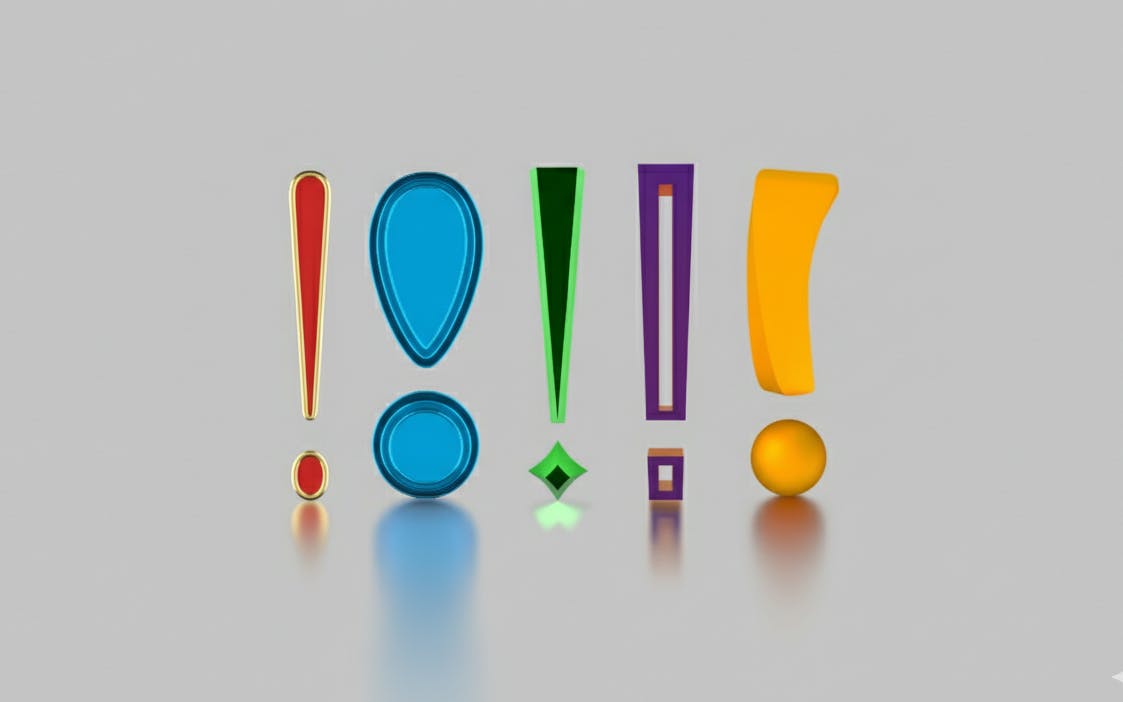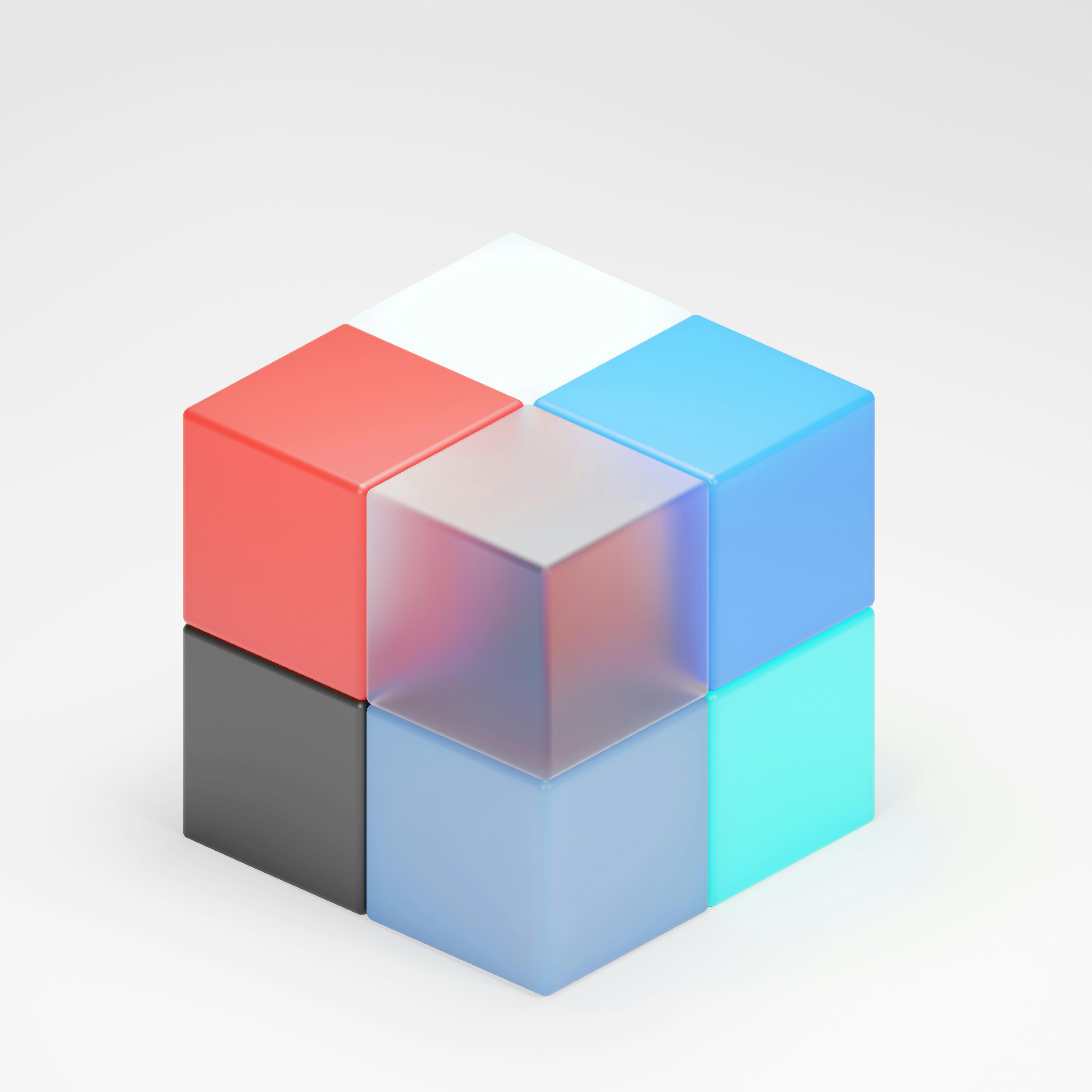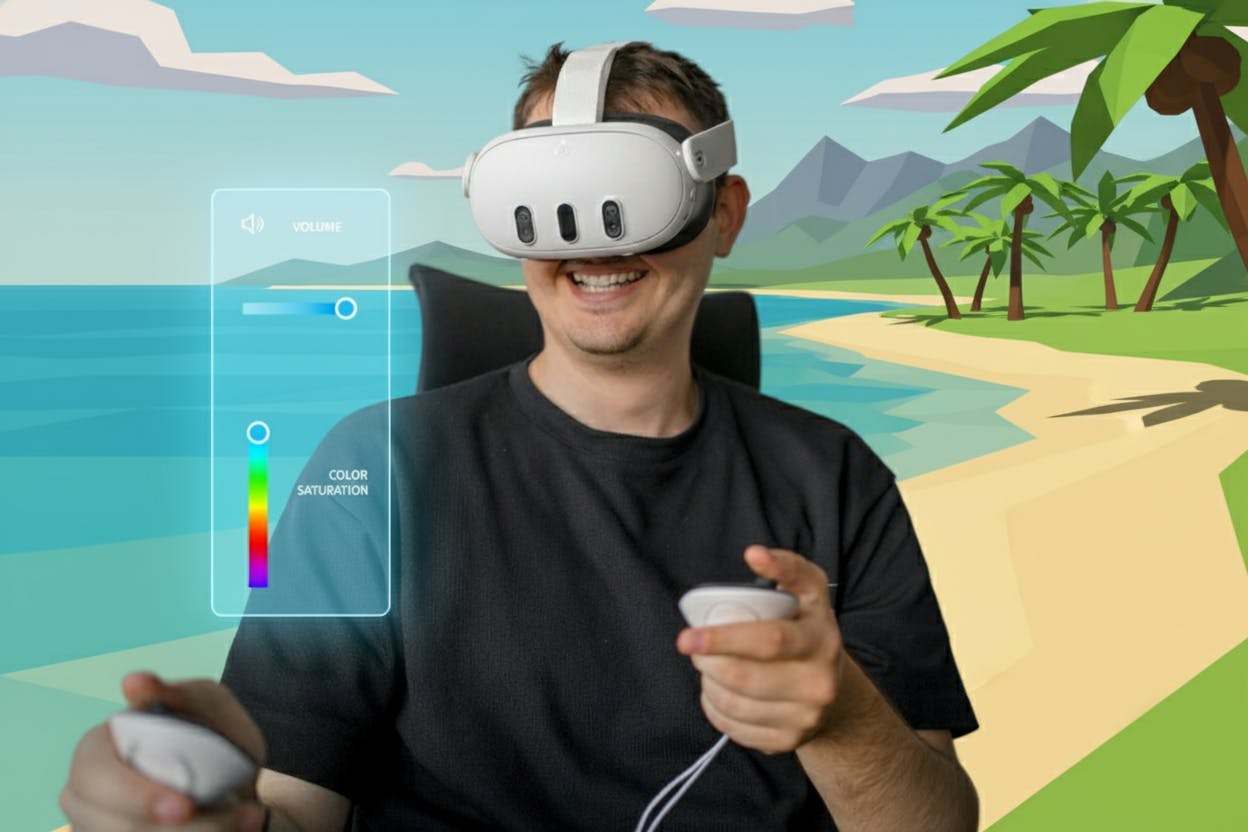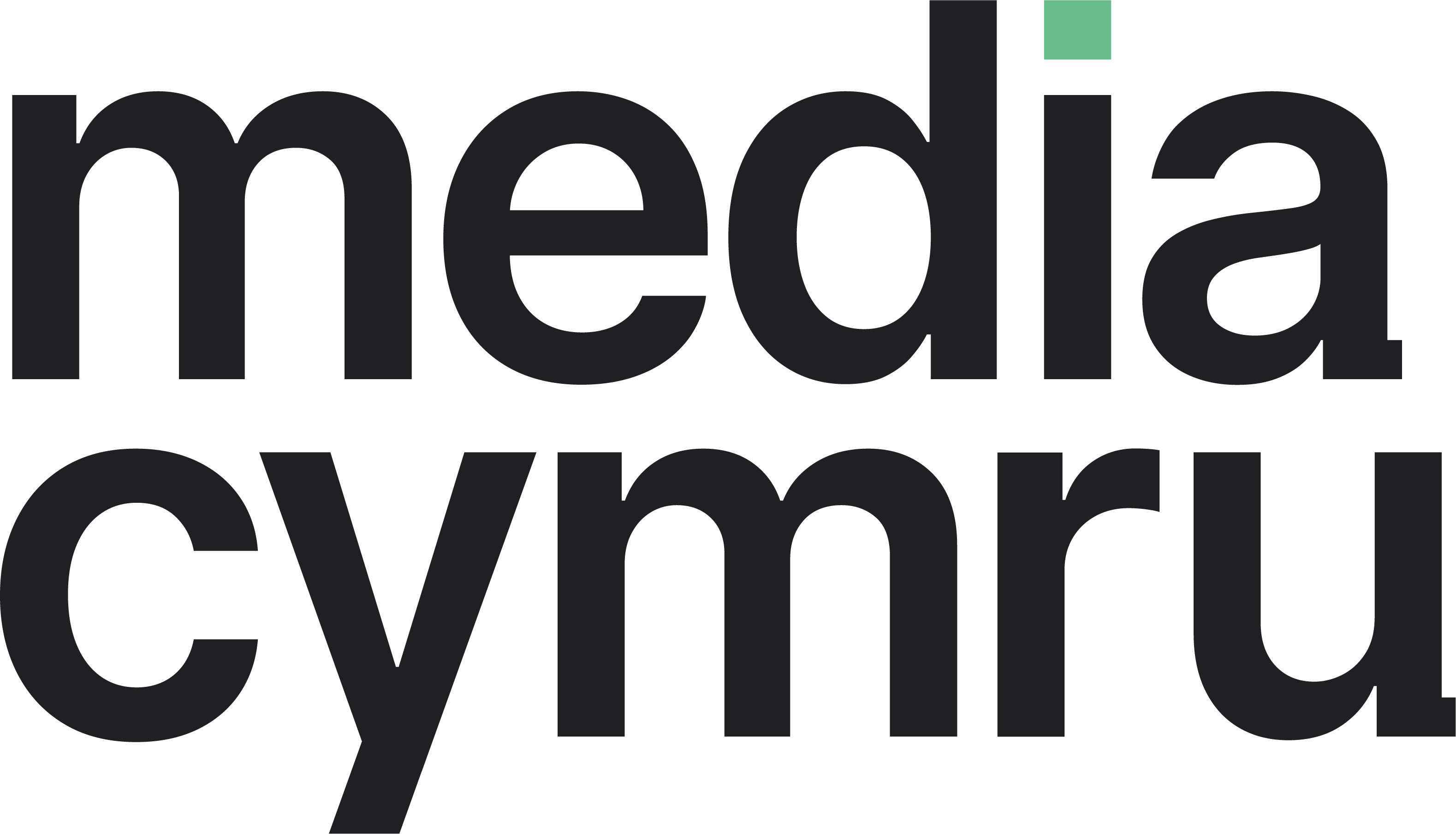
Advancing UX for VR: Campfire Digital Strengthens Partnership With Media Cymru

Author: Steve Banbury
View profile
We're excited to announce that Campfire is enhancing its partnership with Media Cymru through their Development programme. Increased investment in our Openality project means we are advancing our R&D initiative in creating accessible, human-centred virtual reality experiences. As we build on our successful collaboration through Media Cymru's R&D Seed programme, we will continue to work directly with staff and learners in special educational needs settings - but now we're moving beyond proof-of-concept to classroom-ready solutions. This partnership deepens our commitment to co-creating immersive VR that genuinely serves neurodivergent and disabled users.
Why Openality Matters
VR has enormous educational potential, but mainstream hardware and software exclude many neurodivergent and disabled users because they assume everyone has uniform sensory, motor, and cognitive abilities. Openality challenges this approach. Rather than simply adapting existing VR to make it usable for neurodivergent and disabled users, we aim much higher - creating experiences that are genuinely engaging, responsive, and exciting while ensuring thoughtful design that provides safe, supportive environments tailored to individual needs.
The International Organization for Standardization defines user experience as "a person's perceptions and responses that result from the use, or anticipated use, of a product, system or service". User experience in VR encompasses the full extent of how someone encounters, navigates, and internalises virtual environments. It includes physical comfort, how the brain processes information, emotional responses, the sense of being present in a virtual world, and the learning that takes place. A positive VR experience shapes not only what users can accomplish in virtual spaces, but their confidence, curiosity, and willingness to engage with immersive technologies in the future. Everyone deserves access to these rich experiences, and addressing this imbalance is central to Openality's mission.
VR offers benefits beyond entertainment and sensory experiences. Research demonstrates clear educational advantages including real-world preparation, emotional regulation support, and enhanced confidence and communication skills. V.S. Naruka and Upadhyay found that VR can be particularly effective for neurodivergent learners, providing "engaging multisensory educational content that caters to their specific learning styles", while improving social communication for individuals with autism and increasing attention spans for those with ADHD.
However, most VR products are built around narrow assumptions about users. Core settings like brightness, colour schemes, motion intensity, and audio are typically fixed by developers with limited customisation options. Interaction methods are similarly restricted to standard inputs. This rigid approach excludes those whose sensory profiles and physical needs fall outside these predetermined parameters.
Research by Lukava, Ramirez, and Barbareschi confirms these barriers: neurodivergent individuals frequently experience sensory overload with VR technologies, making customisation essential rather than optional. Critically, their findings also revealed that many VR developers lack awareness of accessibility requirements and struggle to integrate them into their development processes.
These challenges have become clear through our partnership with Ysgol Y Deri, the UK's largest SEN school.

Co-creating with Ysgol Y Deri
We're privileged to partner with Ysgol Y Deri (YYD) in Penarth - a renowned specialist school whose staff and learners guide our design decisions week by week. Beginning during the R&D seed programme, we've conducted extensive interviews, prototype sessions, and classroom observations to ground our approach in real educational contexts and constraints.
YYD's expertise is widely recognised (featured in the BBC/Open University series A Special School). What both the programme and our sessions reveal is the combination of expertise, empathy, and pragmatism required to support complex needs. Co-designing in this environment means solutions emerge with users, not for them - ensuring relevance, accessibility, and lasting impact. This collaborative approach is the only path to products that genuinely help.
What pupils and staff tell us - and how it shapes design
Three clear themes emerge from our classroom work. First, control beats complexity. Teachers and learners need to navigate, launch, pause, and adapt experiences without friction. When menus, logins, or convoluted options create barriers, learners quickly become confused or overwhelmed. As one teacher explained: "if they don't understand the task … they just get bored or disheartened and they stop."
Second, predictability reduces anxiety. Small adjustments to brightness, colour palette, audio levels, or transition speeds can determine whether a session feels calming or overwhelming. Real-time control over these elements proves vital, with research confirming that giving neurodivergent learners deliberate control over stimuli improves both comfort and focus. One teacher illustrated this: "I have a child … wears ear defenders majority of the time … for him loud noises can be quite a trigger … to have control of that is very important … a slightly dialed down offer."
Finally, participation drives pride. Pupils embrace their role as "game testers," finding satisfaction in identifying issues and seeing their feedback reflected in subsequent prototypes. This process builds confidence, sharpens analytical skills, and fosters ownership while extending learning back into the classroom.
Teacher and assistive technology lead Lisa Rees-Renshaw observes: "Working alongside a researcher on a new VR gaming project has provided some of our pupils with a unique and empowering opportunity to be game testers and co-creators … The project supports the development of research skills, including critical thinking, problem-solving, and reflective evaluation. Pupils gain insight into how their voices can influence design and accessibility, reinforcing their sense of agency and inclusion."
What we’re building next

Working alongside teachers and learners, we're transitioning from proof-of-concept to classroom-ready solutions. Our focus is creating immersive experiences that directly address the access barriers identified through our research - those that currently prevent many from experiencing VR's documented educational and therapeutic benefits.
This development will produce practical guidance that others can reference and apply across Virtual Reality and related platforms. The next phase delivers a specialist UX framework for Virtual Reality in Special Educational Needs contexts - one that builds on existing frameworks while moving beyond the prevalent one-size-fits-all approach.
How this fits Wales’ media innovation story
Media Cymru is a consortium made up of 22 partner organisations based across the Cardiff Capital Region, including Cardiff University, BBC, S4C and Welsh Government. Media Cymru’s Development Programme exists to catalyse future-facing innovations that strengthen the media sector in the Cardiff Capital Region - supporting projects that are fairer, greener and economically sustainable.
Openality contributes to this by broadening participation. Accessible design extends opportunity and, as UK research on inclusive design repeatedly shows, inclusion is a growth strategy as well as a moral imperative.
An open invitation
We’re actively expanding our co-creation network beyond YYD to additional SEN settings and mainstream schools with SEN provision. If you’re a head, SENCO, teacher, therapist, learner, parent or developer who wants to help shape what inclusive VR should feel like, we’d love to talk.
- Educators / schools: pilot Openality prototypes and help us validate the classroom workflows that matter to you.
- Researchers / practitioners: collaborate on evaluation so we can evidence impact with rigor.
- Industry partners: join us in building the next generation of adaptive, accessible immersive tools.

Follow Our Journey
🔗 Learn more about our journey so far and our partnership with Ysgol Y Deri: Breaking Barriers and Learning Through Partnership on the Campfire site.
Let’s reimagine the future of immersive technology - together!
#welshtech #cardiffstartups #digital #innovation #immersivelearning #assistivetechnology #accessibility #inclusivedesign #xr #vr #edtech #ysgol-y-deri